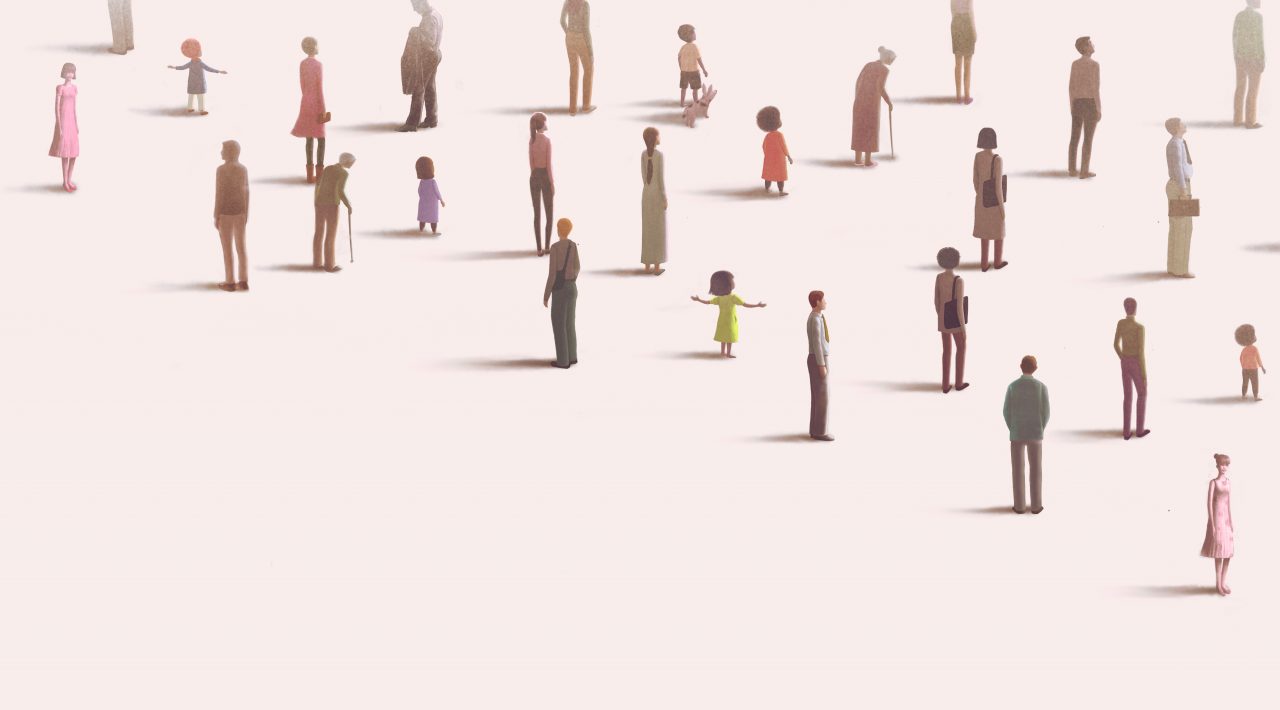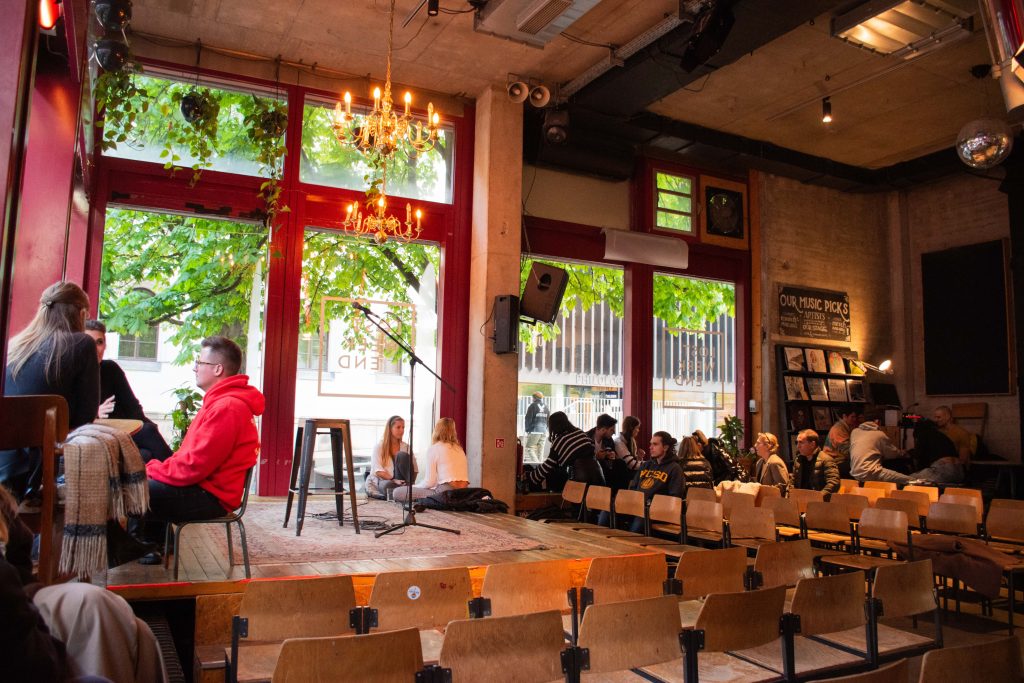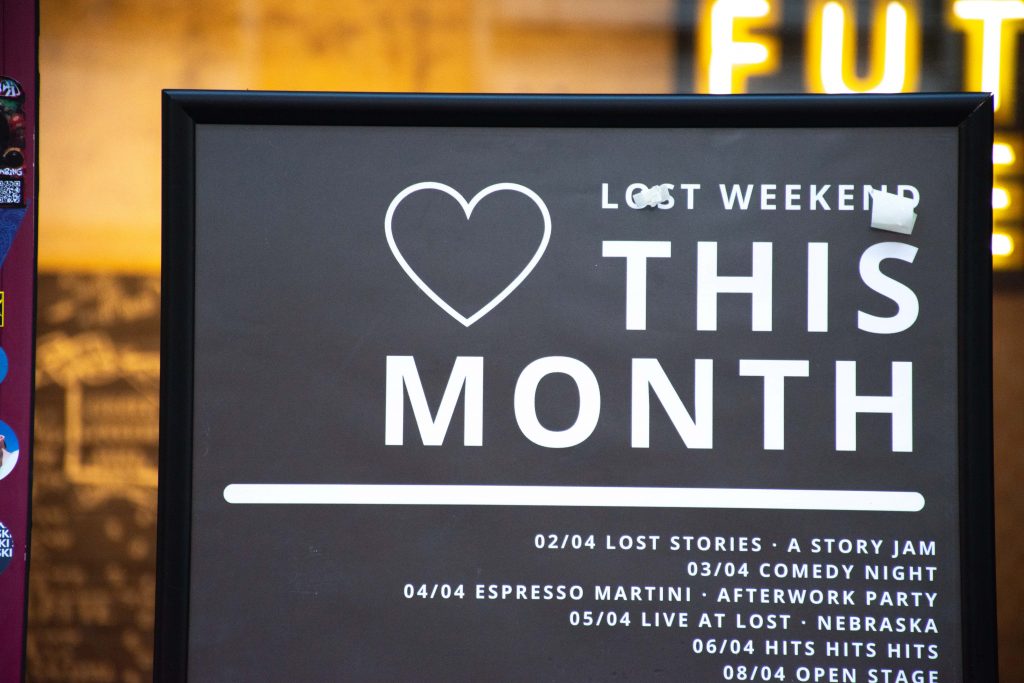
Loneliness
All the lonely people
In the classic film Taxi Driver, from 1976, we follow Travis Bickle through his tortured journey through loneliness. This lonely, desperate, tired soul has been engraved in our culture.
A text written by Luis M. Simón.
“Loneliness has followed me all my life. The life of loneliness pursues me wherever I go: in bars, cars, coffee shops, theaters, stores, sidewalks. There is no escape. I am God’s lonely man. I will no longer fool myself. I will no longer let myself fall apart, become a joke and object of ridicule. I know there is no longer any hope”.
Travis Bickle, “Taxi Driver”
But although it’s a great human story, as we all have felt alone and riddled with negative thoughts sometimes, it’s become even more so today as loneliness has turned into a silent pandemic.
Loneliness: Facts and Dangers
It’s estimated that around 25% of the worlwide population feels lonely. Loneliness is considered a health danger because it raises the risk of dementia (by 50%), heart disease (29%) and also mental illness, which can lead to suicide. It’s comparable to the health risk caused by smoking 15 cigarettes a day.
This is very concerning in the case of young adults because they are developing their personality and what happens to them can be hugely influential on their future behaviour. Especially among young men, as two-thirds feel that “no one really knows them” and receive half the emotional support compared to women. They feel lonely and lost in a changing world where toxic masculinity is still present, although it is being less accepted as time goes by. They are often unable to connect emotionally and vulnerably with other men without going against gender expectations. But at the same time, they’re unsure of how to be a man today.
We’re social creatures, we crave companionship, and this impossibility of experiencing it puts young men in a dangerous position, close to sexist and violent groups that they can be tempted to go to in order to find a community and a sense of purpose that their lives are lacking.

Third places
This is a sociological concept that refers to a place which is neither your home nor workplace but rather one with a low-level entry – not exclusive but accessible, where public interactions can happen freely and spontaneously. By visiting those spaces young men, and everybody, can establish relationships and feel a sense of community with all sorts of different people that are not their friends, yet could become such. This way they can establish connections to other human beings which, in turn, can diminish the feelings of isolation and loneliness.
Examples of third places are: bars, coffee shops, libraries, parks, climbing walls and social clubs. Of course, there’s more to being good third places. A lot of the time they lack some of the necessary characteristics, like the aforementioned low-level entry which should be affordable for all varied incomes or long opening hours.
For example, in Munich most coffee shops close around 5:00 or 6:00 pm, when most people haven’t even finished their workday, limiting people’s opportunities for social connection, as they have fewer places to go.
However, there are some places in Munich which shine a light on a different future. Lost Weekend, for instance, is a coffee shop/bar which opens from 9 am until midnight on weekdays, and from 11:00 am until 2:00 am on weekends. It not only serves as a gathering point for people to work, have meetings or meet friends but they also host different daily activities, such as comedy nights, live music performances, etc.

“Both John Cooney and I wanted to create a sort of homage to the cafes and pubs and experiences we had growing up in Australia and Ireland. A place that is less Cafe or Gaststätte, and more a melting pot of ideas and people, specifically somewhere that you could come to and meet new people. Keeping late and regular opening hours really helps that as it allows people to always pop in. “
Jackson Lynch, owner of “Lost Weekend”
This helps build a sense of community, of a gathering point, one which surely makes us feel more connected as a society – a group of strangers that get together to enjoy each other’s company, even though we don’t know each other.
The importance of prevention
Yet we still need more places like this, which favor casual social connection beyond our family and friends. And we need, as a society, to change our mindset so that we foster accidental talks with strangers and spontaneous actions. Those help us establish a sense of strong social fabric, of belonging to our society. Only that way will we be able to have a healthier, more peaceful, balanced, and composed community.



